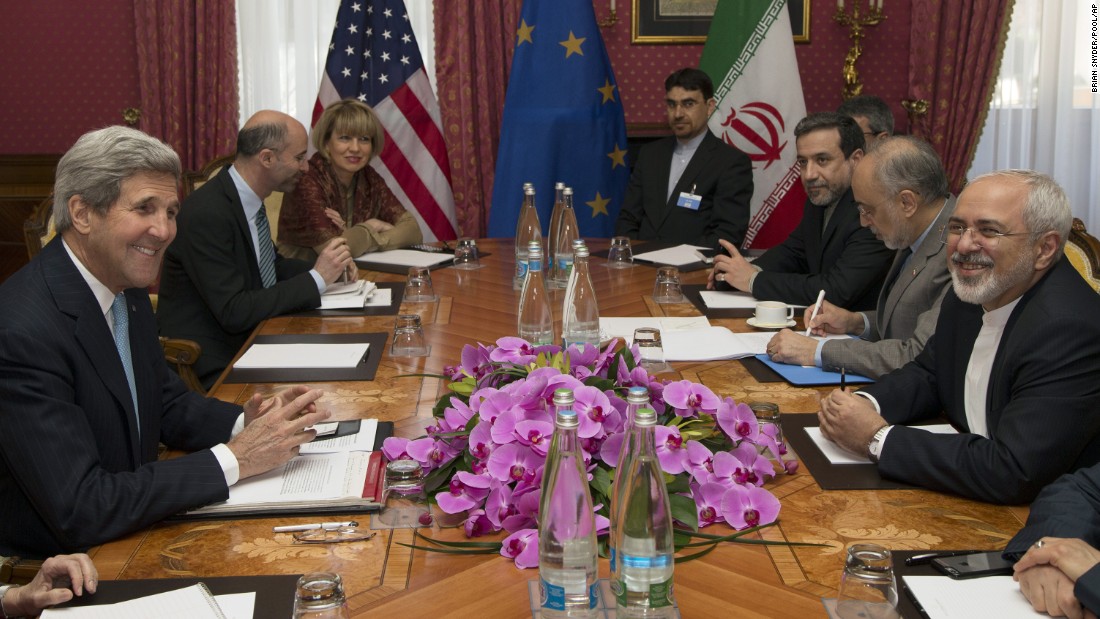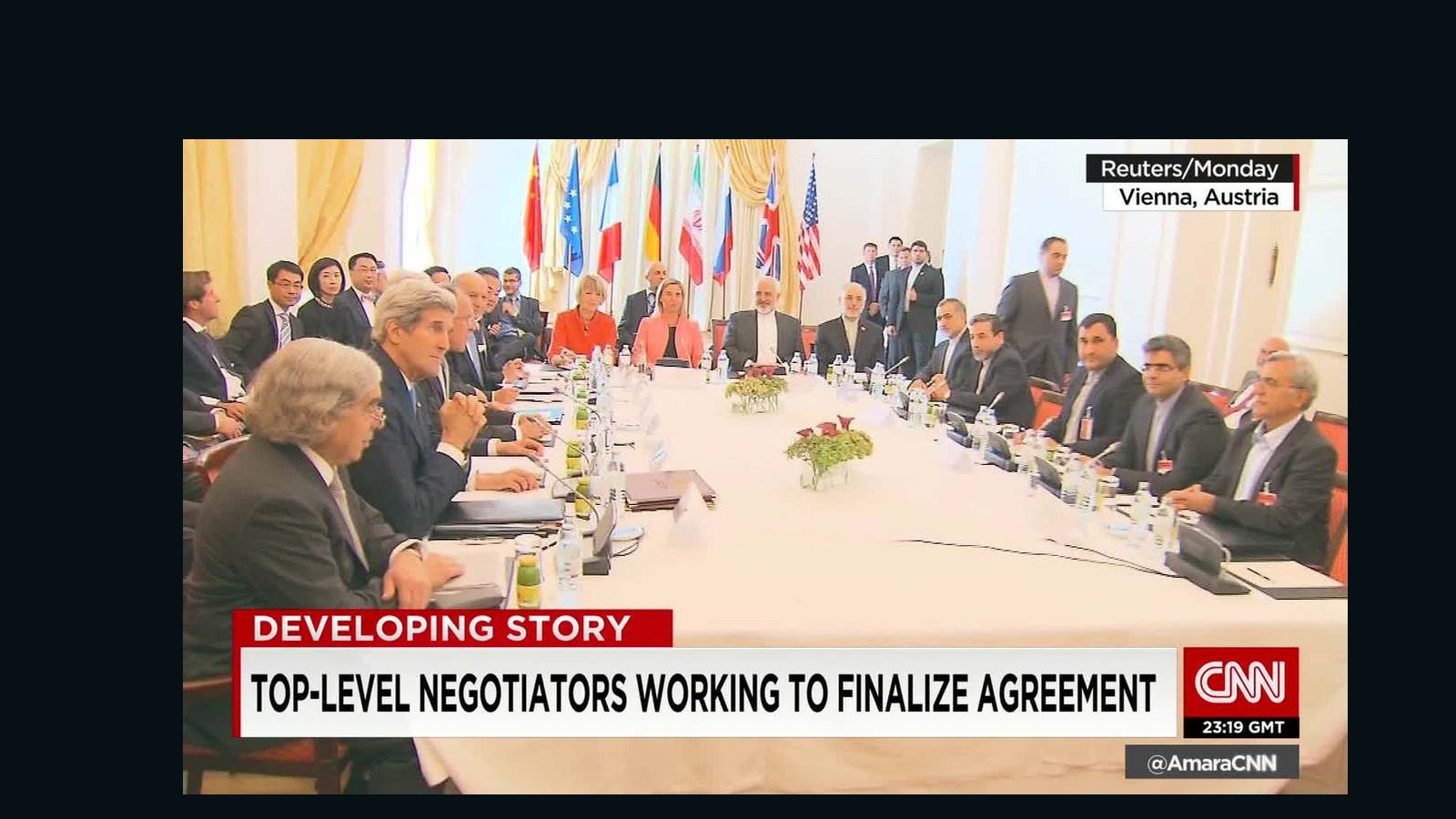Iran's decision to resume nuclear talks with its allies marks a significant geopolitical development that could reshape global relations. The discussions, aimed at reviving the Joint Comprehensive Plan of Action (JCPOA), have garnered worldwide attention. This initiative holds the potential to stabilize the Middle East and foster diplomatic cooperation between nations. As the world watches closely, understanding the intricacies of these negotiations is crucial for anyone interested in international affairs.
With tensions high and stakes even higher, the nuclear talks symbolize a pivotal moment in Iran's foreign policy. The negotiations are expected to address key issues such as uranium enrichment, sanctions relief, and regional security concerns. These discussions could either lead to a breakthrough in diplomatic relations or further strain international alliances.
This article delves into the background, current developments, challenges, and implications of Iran's nuclear talks. By exploring various perspectives and providing expert analysis, we aim to deliver a comprehensive understanding of this critical geopolitical issue while ensuring adherence to Google's E-E-A-T and YMYL guidelines.
Read also:Jennifer Lopezs New Boyfriend A Comprehensive Look Into Their Relationship
Table of Contents
- Background of Iran's Nuclear Program
- Key Players in the Nuclear Talks
- Recent Developments in the Talks
- Challenges Faced in the Negotiations
- Impact on the Middle East Region
- Global Reactions and Responses
- Economic Implications of the Talks
- Security Concerns and Considerations
- Future Outlook and Prospects
- Conclusion and Call to Action
Background of Iran's Nuclear Program
Iran's nuclear program has been a contentious issue for decades, with roots tracing back to the 1950s. Initially developed with peaceful intentions, the program gained international scrutiny after the Islamic Revolution in 1979. The discovery of covert enrichment activities in the early 2000s heightened concerns over potential weaponization. In 2015, the JCPOA was signed, limiting Iran's nuclear capabilities in exchange for sanctions relief.
Historical Context of Nuclear Talks
The historical context of Iran's nuclear talks reveals a complex interplay of political, economic, and security interests. Key milestones include:
- 2003: Iran suspends enrichment under European pressure.
- 2015: JCPOA is signed by Iran, the P5+1, and the European Union.
- 2018: The United States withdraws from the agreement, reimposing sanctions.
Understanding this background is essential to appreciate the current negotiations and their significance in global diplomacy.
Key Players in the Nuclear Talks
The nuclear talks involve several key players, each with distinct interests and stakes in the outcome. These include Iran, the United States, the European Union, Russia, China, and other regional actors. Their involvement reflects the complexity of the negotiations and the need for consensus-building.
Role of the United States
As a critical player, the United States holds significant influence over the talks. Its decision to rejoin the JCPOA or impose further sanctions will shape the negotiations' trajectory. Diplomatic efforts by the Biden administration aim to restore the agreement, emphasizing the importance of multilateral cooperation.
Recent Developments in the Talks
Recent developments indicate a renewed commitment to the nuclear talks. After months of diplomatic engagements, Iran and its allies have resumed discussions in Vienna. The focus is on addressing outstanding issues and finding common ground. Experts suggest that progress is being made, though challenges remain.
Read also:Cory Hardrict The Journey Of A Versatile Artist And Entrepreneur
Vienna Talks: Progress and Setbacks
The Vienna talks have seen alternating phases of progress and setbacks. Key developments include:
- Iran's proposal for gradual sanctions relief.
- Western nations' demand for stricter verification measures.
- Regional actors' calls for expanded dialogue on security issues.
These developments underscore the complexity of reaching a comprehensive agreement.
Challenges Faced in the Negotiations
Despite positive momentum, the nuclear talks face numerous challenges. Trust-building remains a significant hurdle, as past violations and breaches have eroded confidence among participants. Additionally, domestic political pressures in Iran and the United States complicate the negotiation process.
Trust and Transparency Issues
Ensuring transparency and accountability is vital for the success of the talks. Verification mechanisms must be robust and credible to reassure all parties involved. Addressing these concerns requires innovative solutions and a commitment to diplomatic engagement.
Impact on the Middle East Region
The outcome of Iran's nuclear talks will have profound implications for the Middle East. Success could foster regional stability and cooperation, while failure may exacerbate tensions and conflicts. Neighboring countries, particularly Israel and Saudi Arabia, closely monitor the negotiations, fearing potential security threats.
Perspectives of Regional Actors
Regional actors have diverse perspectives on the nuclear talks. Israel opposes any agreement that does not completely dismantle Iran's nuclear program, while Gulf states seek guarantees for their security. Balancing these interests requires delicate diplomacy and inclusive dialogue.
Global Reactions and Responses
Global reactions to Iran's nuclear talks reflect the international community's vested interest in the outcome. World leaders have expressed support for the negotiations, emphasizing the need for peaceful resolution. However, skepticism persists, particularly regarding Iran's intentions and compliance.
United Nations' Stance
The United Nations plays a crucial role in facilitating the nuclear talks. Its involvement ensures adherence to international law and promotes multilateral cooperation. The UN Security Council's resolutions provide a framework for addressing concerns and fostering dialogue.
Economic Implications of the Talks
The economic implications of Iran's nuclear talks are far-reaching. Successful negotiations could lead to the lifting of sanctions, boosting Iran's economy and global trade. Conversely, failure to reach an agreement may result in continued economic isolation and hardship for the Iranian people.
Sanctions Relief and Trade Opportunities
Sanctions relief remains a central issue in the talks. Removing restrictions on oil exports, financial transactions, and investment could rejuvenate Iran's economy. However, ensuring compliance with international standards is essential to avoid future disputes.
Security Concerns and Considerations
Security concerns dominate discussions in the nuclear talks. Ensuring that Iran's nuclear program remains peaceful is paramount to maintaining regional and global stability. Addressing these concerns requires comprehensive safeguards and monitoring mechanisms.
Verification and Monitoring Mechanisms
Verification and monitoring mechanisms are critical to verifying Iran's compliance. The International Atomic Energy Agency (IAEA) plays a vital role in this regard, conducting inspections and reporting findings. Strengthening these mechanisms enhances confidence in the agreement's implementation.
Future Outlook and Prospects
The future outlook for Iran's nuclear talks remains uncertain but hopeful. Continued diplomatic efforts and constructive dialogue are essential to achieving a lasting agreement. Both Iran and its allies must demonstrate flexibility and commitment to overcoming existing challenges.
Potential Scenarios
Potential scenarios for the talks include:
- A successful revival of the JCPOA with strengthened provisions.
- A partial agreement addressing key issues while leaving others unresolved.
- A collapse of negotiations leading to increased tensions and possible conflict.
Each scenario carries its own set of implications, underscoring the importance of reaching a mutually acceptable solution.
Conclusion and Call to Action
In conclusion, Iran's decision to resume nuclear talks with its allies represents a crucial opportunity for global diplomacy. By addressing key issues and fostering cooperation, the negotiations could lead to a more stable and peaceful world. This article has explored the background, challenges, and implications of the talks, providing a comprehensive understanding of this critical geopolitical issue.
We invite you to share your thoughts and insights in the comments section below. Your feedback helps us improve and deliver valuable content. Additionally, explore other articles on our site to stay informed about global developments. Together, let's promote dialogue and understanding in an ever-changing world.
Data Source: International Atomic Energy Agency (IAEA), United Nations, and reputable news outlets.


